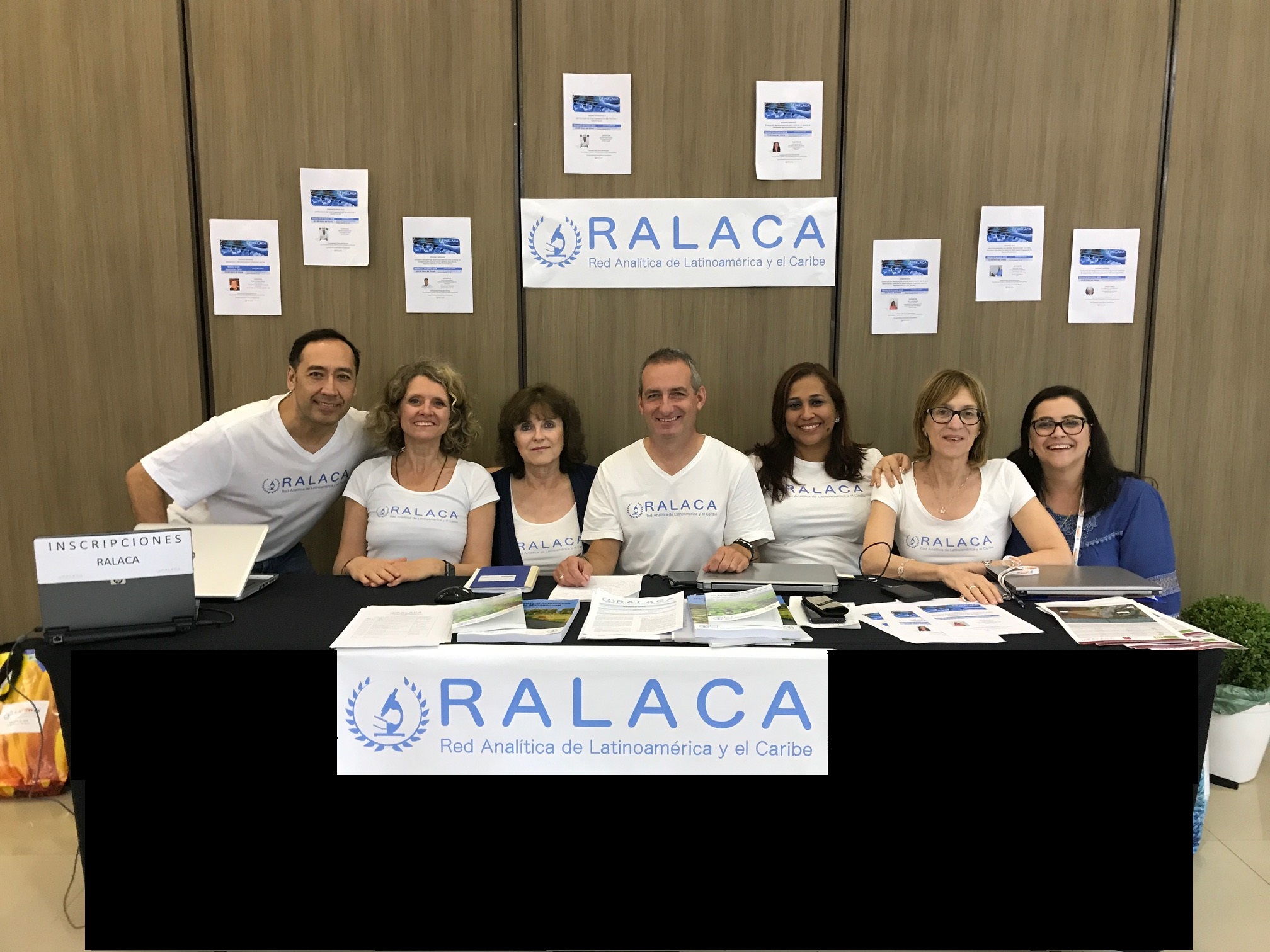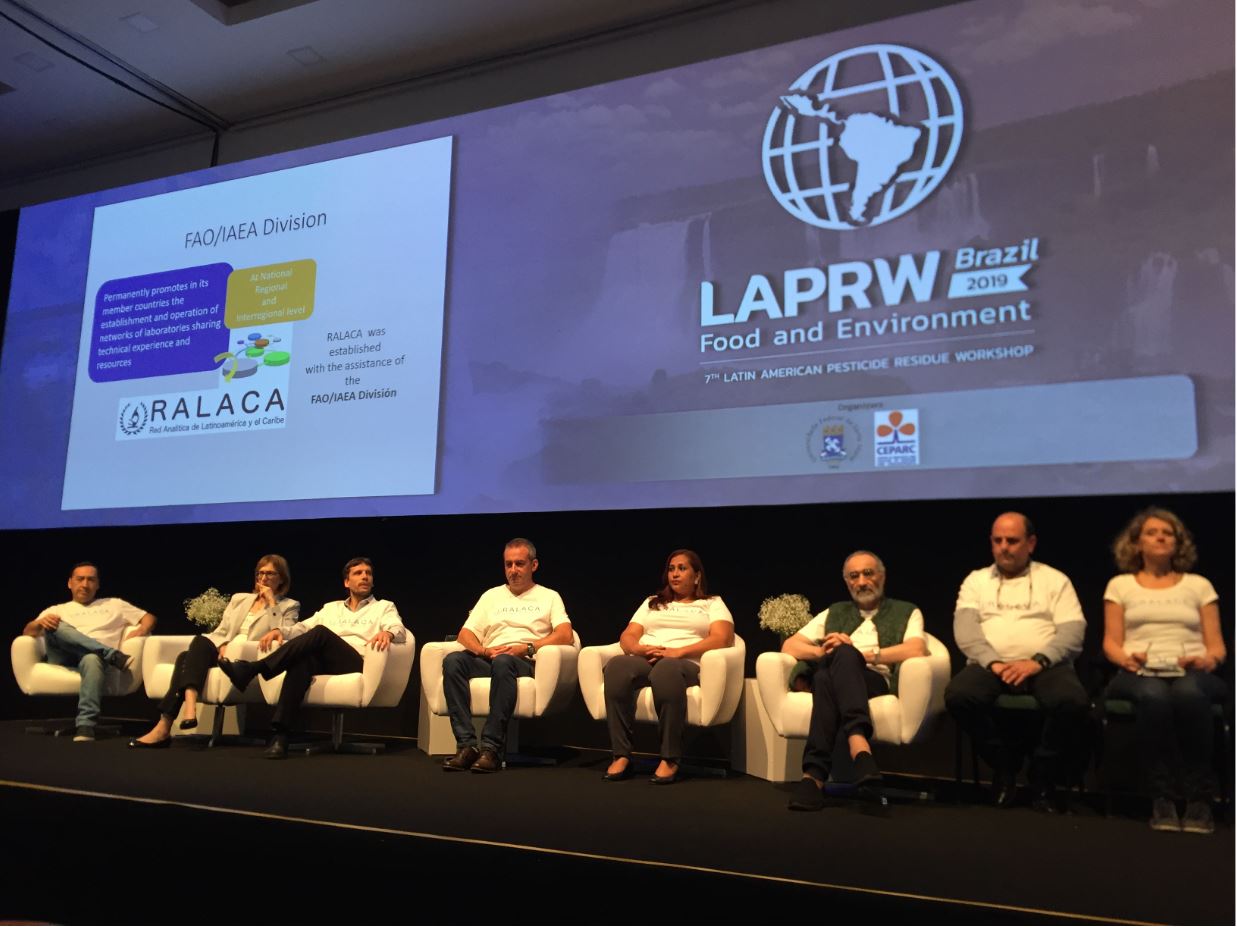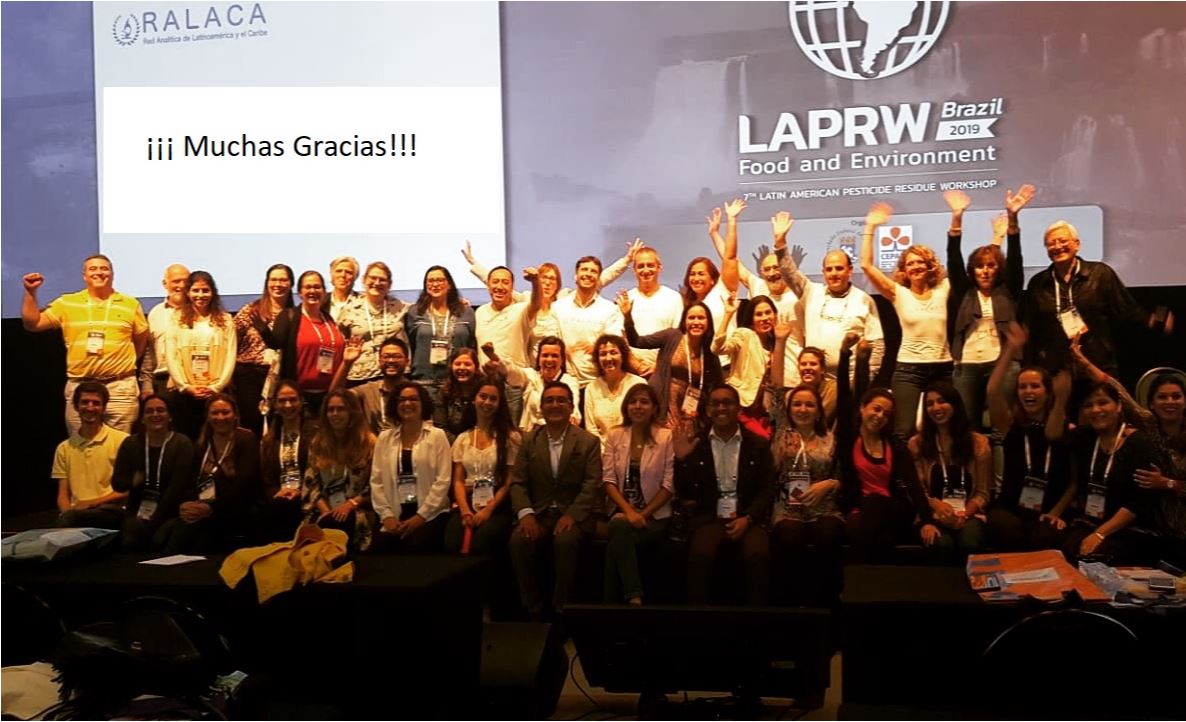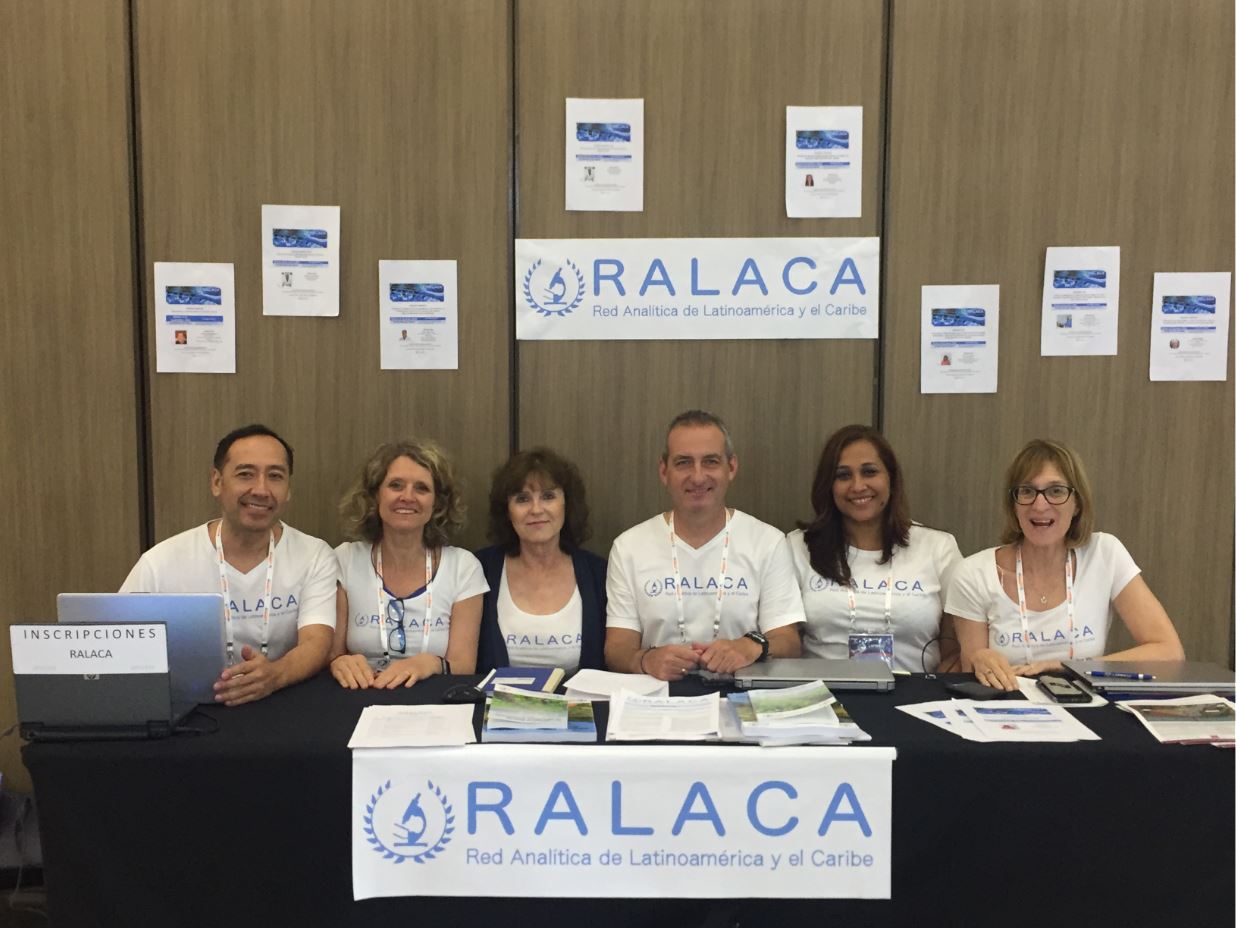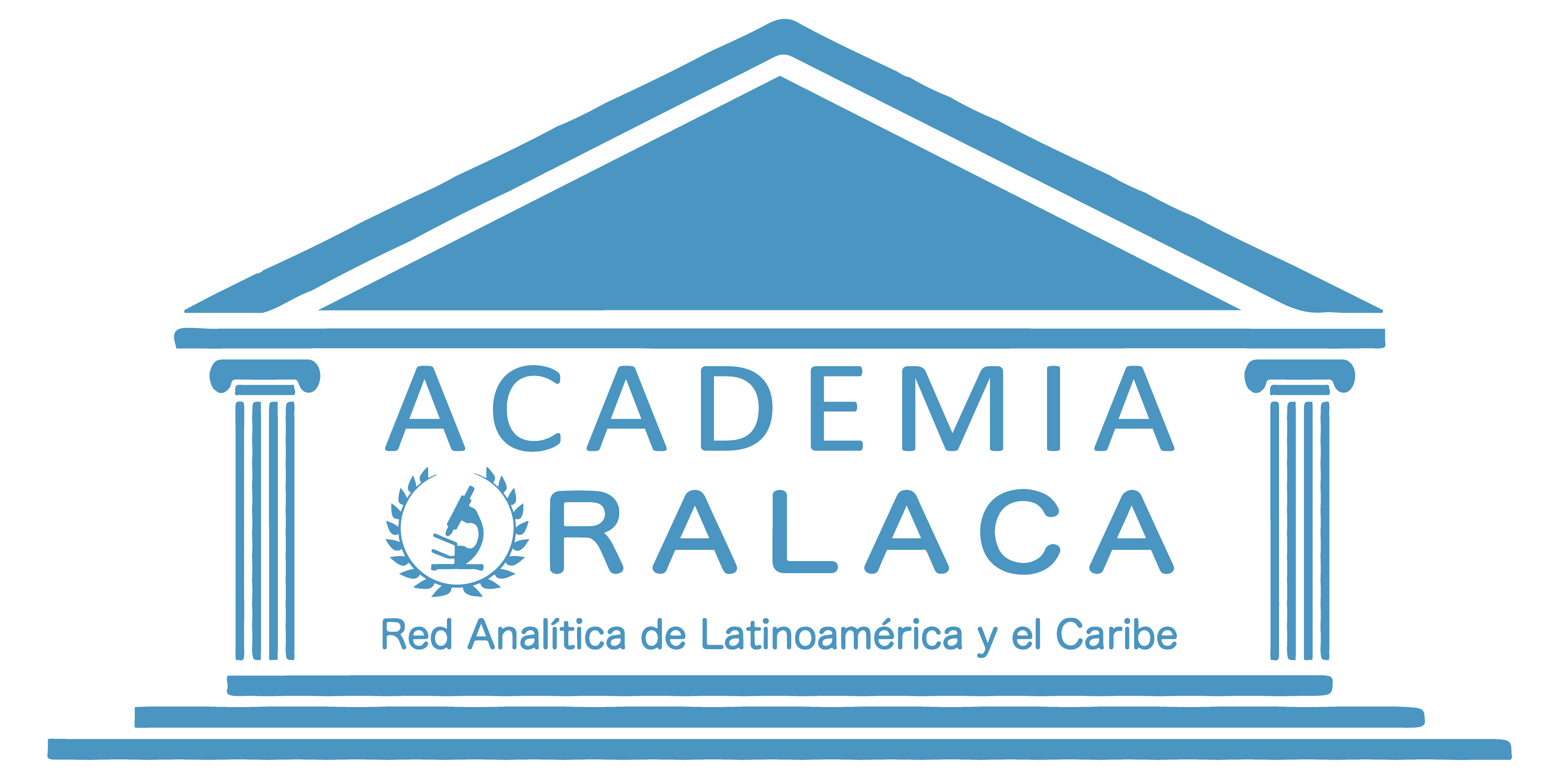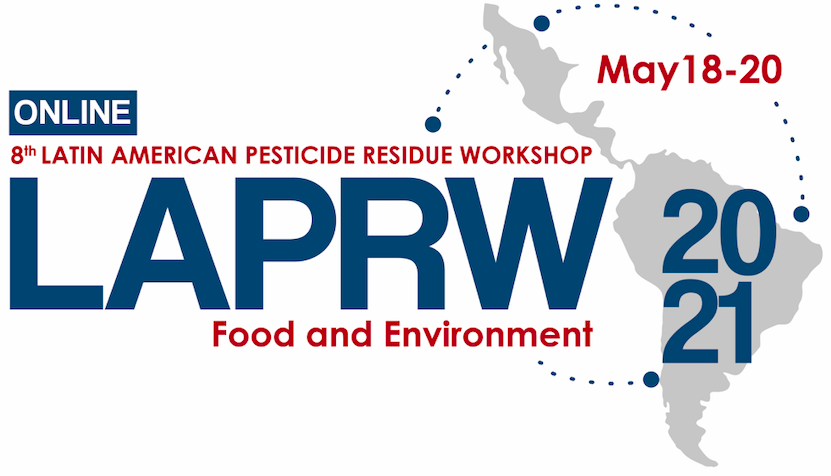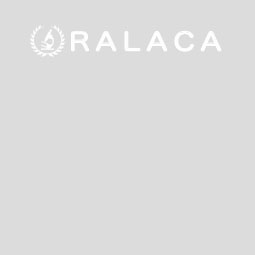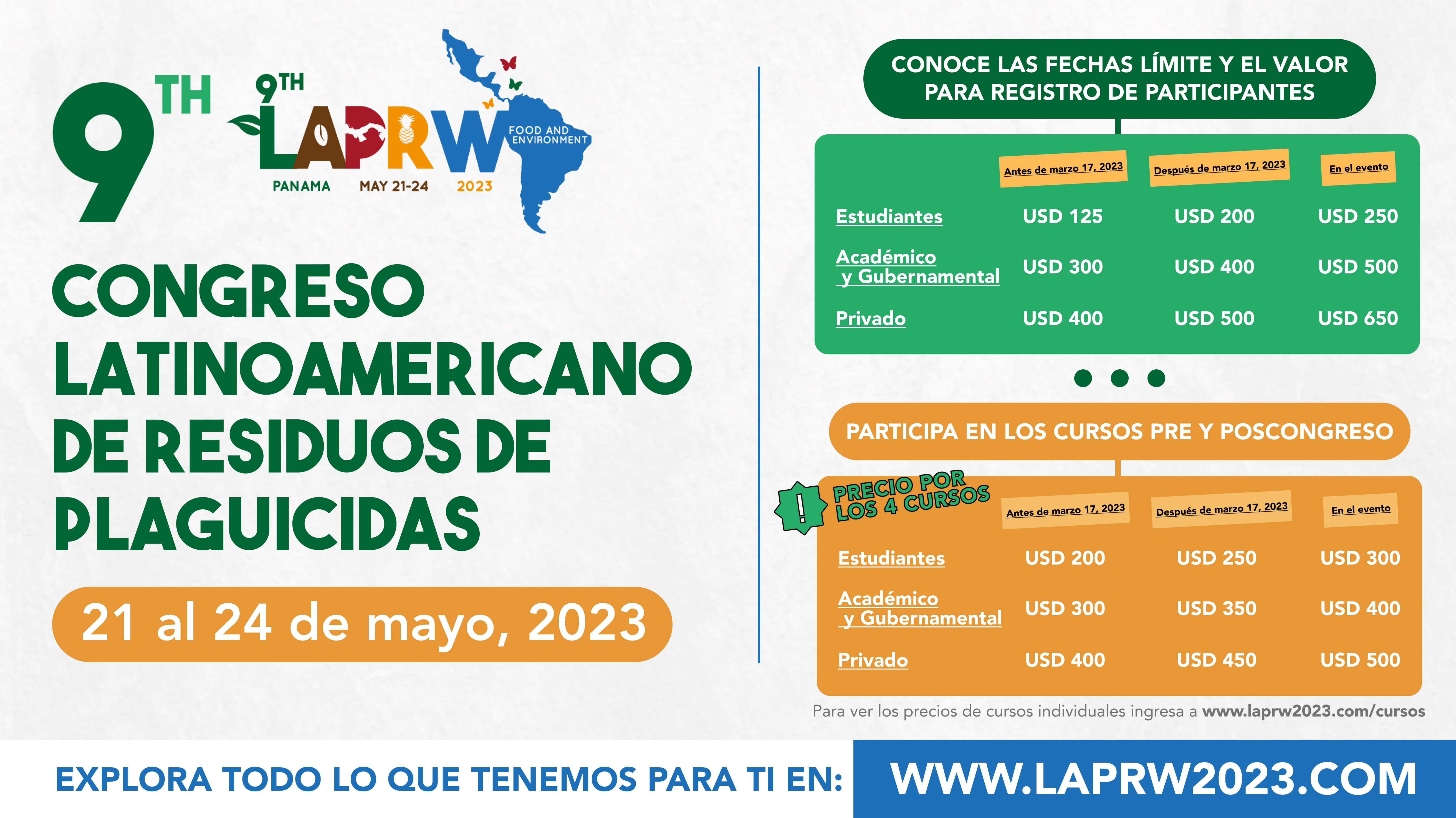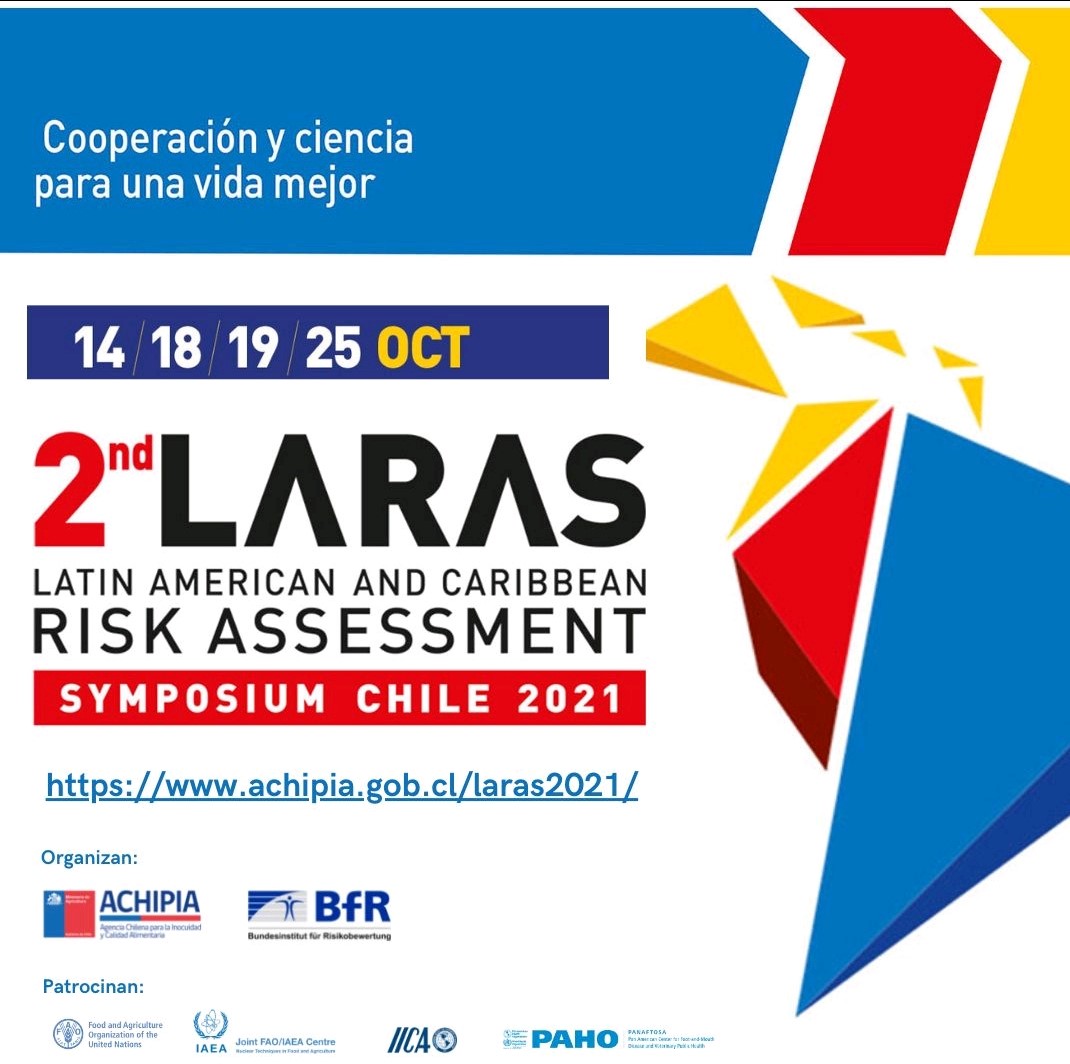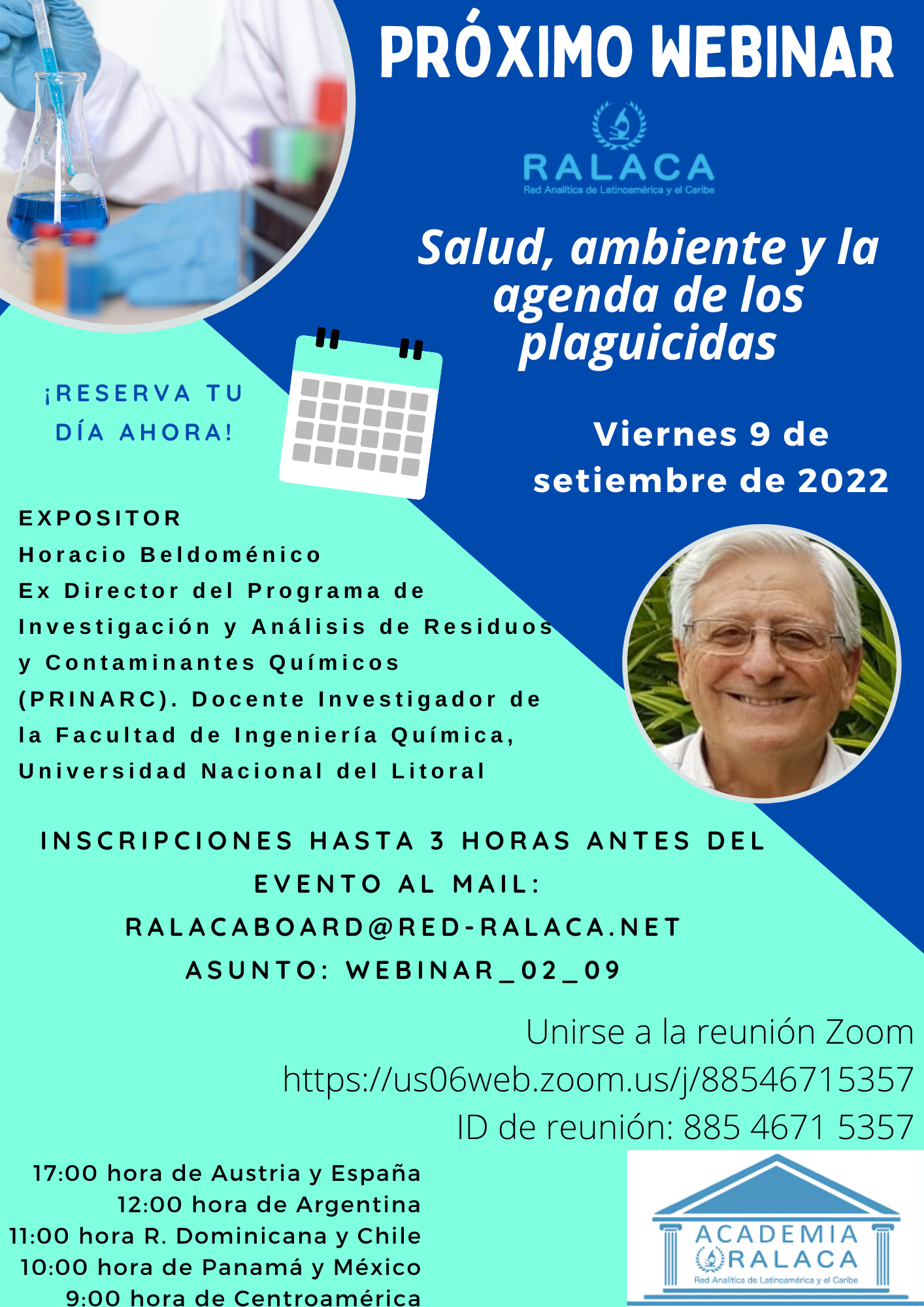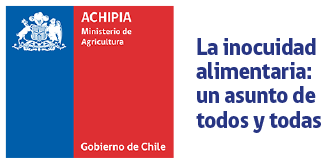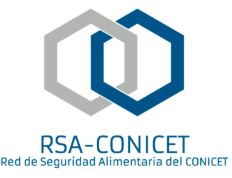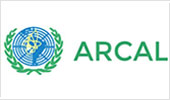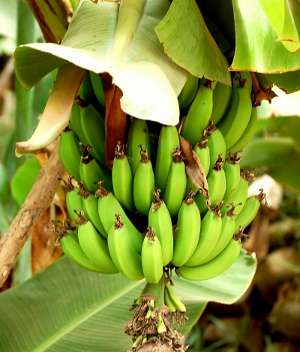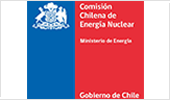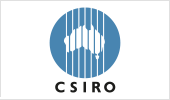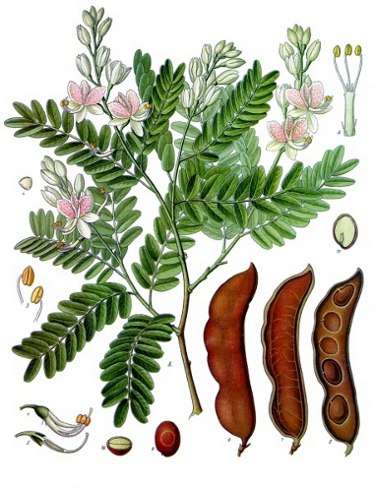RALACA will have the following objectives:
1. Strengthen the technical capabilities of the laboratories in the region.
2. Promote scientific cooperation in the region among the countries involved in the Network.
RALACA will have the specific objectives:
1. Develop a web platform to share information among members.
2. Dissemination of information on food and environmental contamination: compilation of quality data to support national governments in targeting risk assessment and risk management.
3. Promote the implementation of quality management systems in RALACA laboratories.
4. Facilitate the availability of reference materials and the participation in inter-laboratory tests.
5. Facilitate the response of laboratories to regional emerging food and environmental risks and scares.
6. Organize and promote training programme and continuous education through preparation of eLearning modules, thematic seminars, meetings, internships in advanced laboratories, training workshops and training courses on site and distance learning platforms.
7. Promote the integration of RALACA laboratories into national food safety programmes and national environmental sustainability programmes.
A step by step systematic planning will be established by the Board to reach all specific objectives and to bring uniformity of capacity building into participating RALACA laboratories.
The present Network will be identified under the name Red Analitica de Latino America y el Caribe (RALACA).
RALACA is a non-profit Network that brings together analytical laboratories to enhance regional capabilities to target food safety and environmental sustainability. Information sharing is key to enhancing regional opportunities.
RALACA will have the mission of promoting food safety and environmental sustainability in Latin America and the Caribbeans. To protect the health of the consumers, facilitate trade and ensure a sustainable environment it is essential to strengthen the capacity of analytical laboratories and promote efficient communication channels and share information.
 Vienna, Austria
Vienna, Austria 

